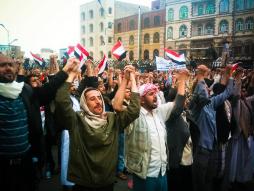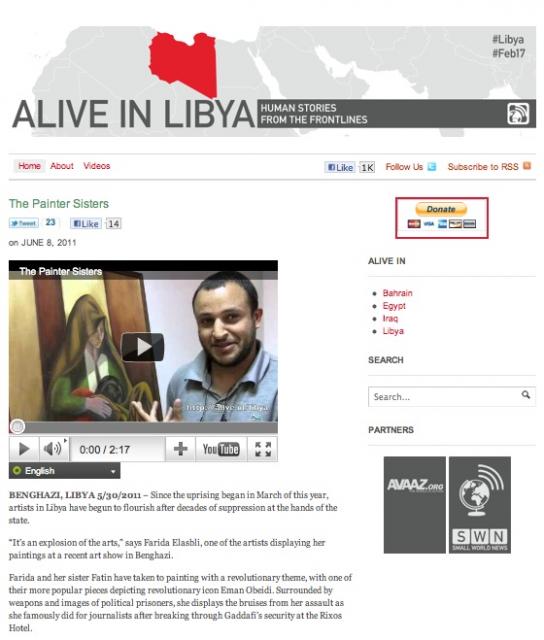Editor's Note: This post is written by Ibrahim Mothana who is an Atlas Corps Fellow with MobileActive.org in 2011/2012. He is a Yemeni citizen from Sanaa.
In Yemen it’s difficult to know just how many wars are raging in the country at any one time. For centuries the country has been plagued by revenge killings and tribal conflict and the result is hundreds of deaths each year with many more injured. These localized wars can last for decades and are one of the most serious issues facing the country today.
In rural regions of Yemen, formal legal systems and a legal infrastructure do not exist, and tribal law has significant legitimacy as the only effective and efficient means of conflict resolution. Tribal laws are based on consensus, and conflicts are resolved through complex mediation processes and appeals procedures presided over by tribal elders and leaders (sheikhs). Due to the lack of many formal legal channels and the corruption in the legal infrastructure that exists, tribal law is faster, more efficient, and enjoys greater legitimacy.
Yet one of the biggest obstacles in using tribal law as a tool for conflict resolution is the lack of communication -- which is, in fact, often the root cause of many of the disputes between tribes. Creating dialogue between communities becomes an extraordinary challenge in a country with 24 million people dispersed over 150,000 human settlements.

 Armed with a few Kodak Zi8 cameras, 6 HTC Wildfire mobile phones, energy, expertise in training citizen journalists,
Armed with a few Kodak Zi8 cameras, 6 HTC Wildfire mobile phones, energy, expertise in training citizen journalists, 